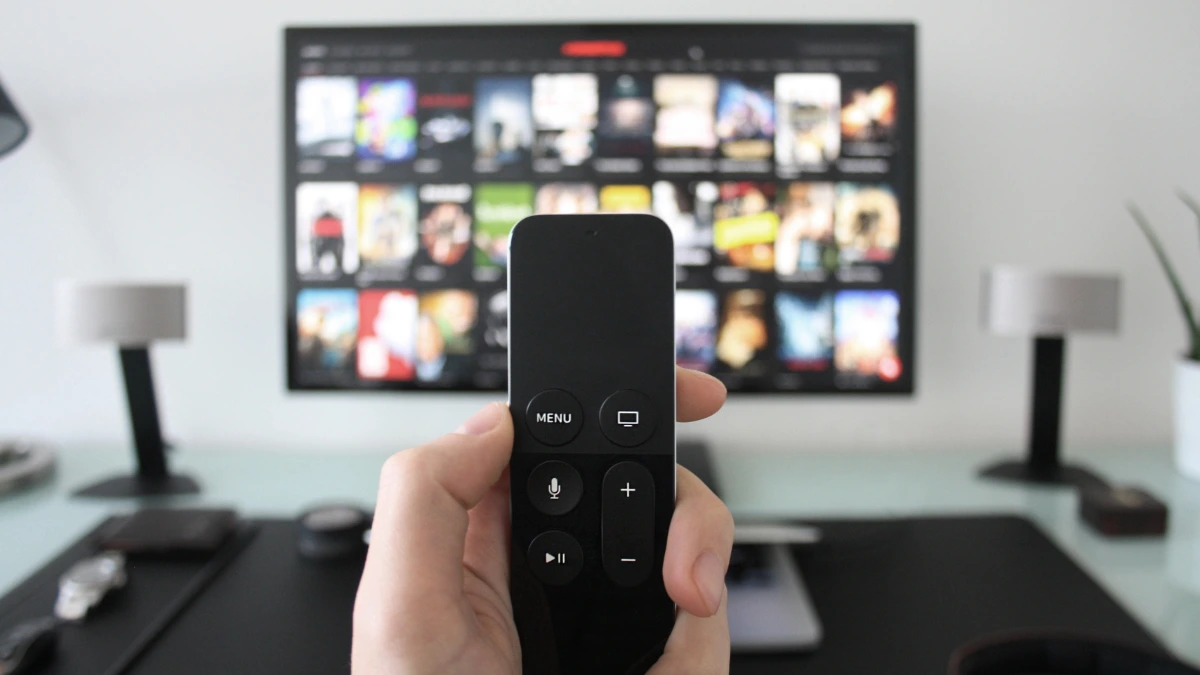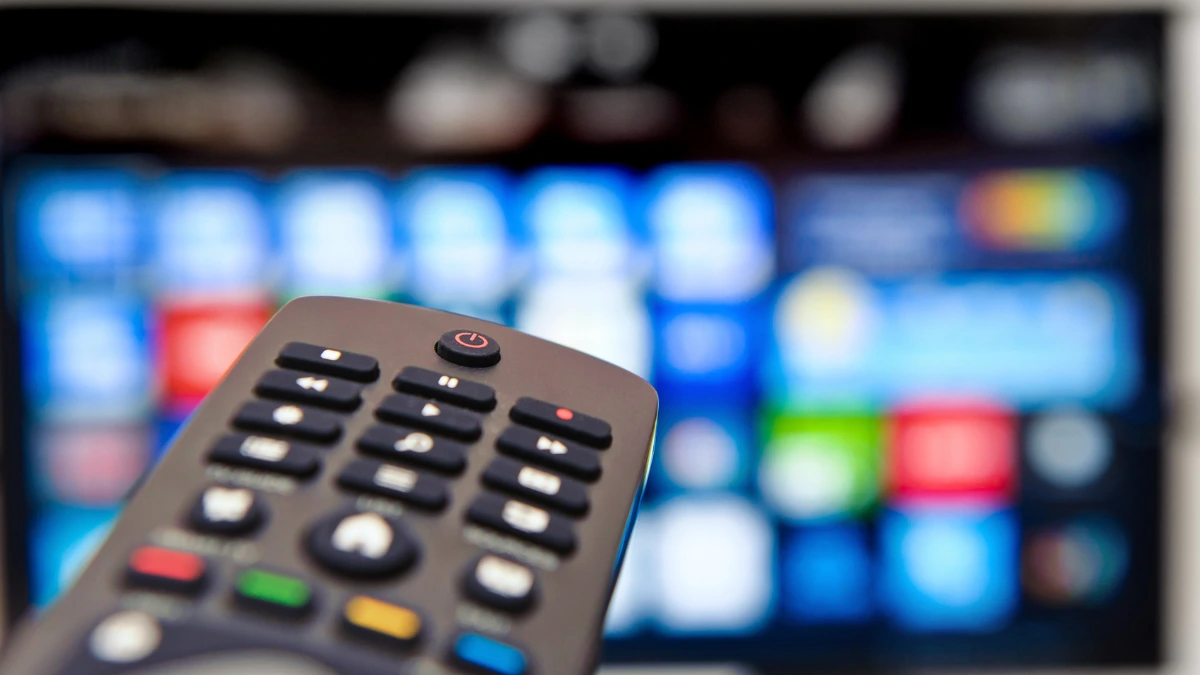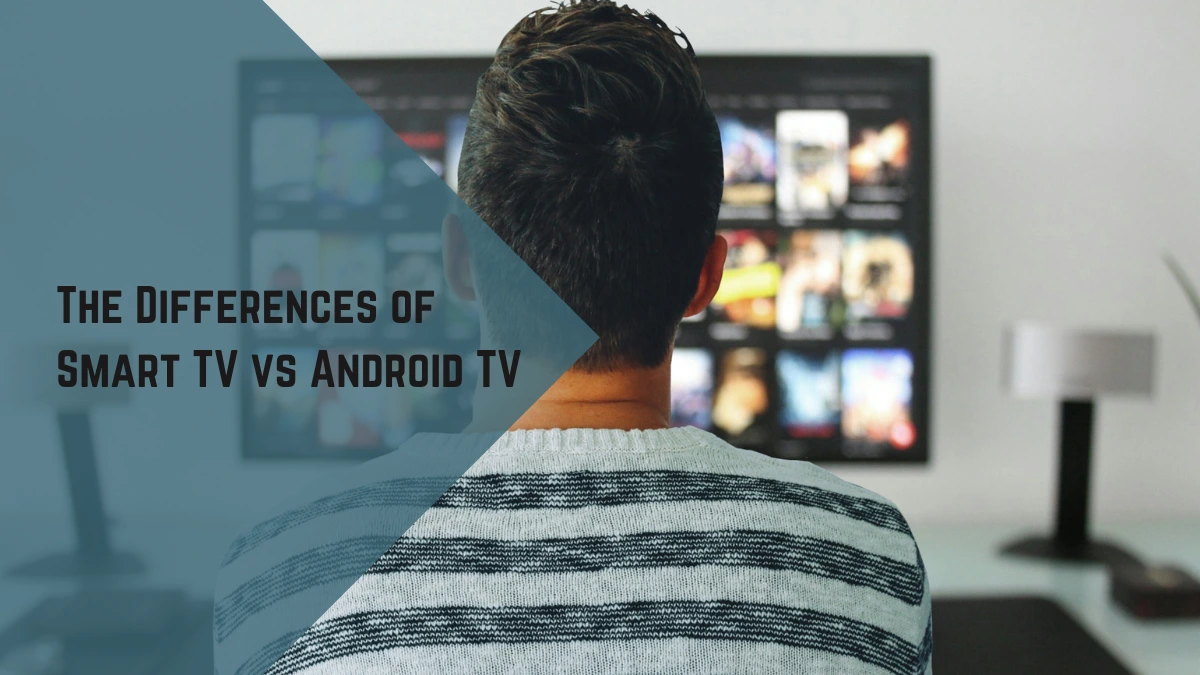In today’s era, Smart TV and Android TV are almost found in every home. But did you know that Smart TV vs Android TV has a difference?
At first glance, there may not be any difference between the two. However, there are significant differences between Smart TV vs Android in several aspects, from application programs to update automation.
In this article, we will share 5 significant differences between Smart TV vs Android TV in the aspects of application program, operating system, voice assistant, screen mirroring and screen transmission, and automatic updates.
The Differences of Smart TV vs Android TV

There the simple differences between Smart TV vs Android TV:
| Aspects | Smart TV | Android TV |
| Application Program | Limited applications | Has more than 10,000 apps |
| Operating System | developed by manufacturers such as Tizen (Samsung), webOS (LG), or Vidaa (Hisense) | Operating system from Google |
| Voice Assistant | No voice assistant supported | Supported by Google Assitance |
| Screen Mirroring and Screen Transmission | No screen mirroring and screen transmission | Allows screen mirroring and transmission thanks to Google Assistant and Chromecast |
| Automatic Updates | Not supported for automatic updates | Supports automatic updates |
1. App program
While both Android TV and Smart TV support several popular apps, the number is different.
Smart TV: Smart TVs run operating systems such as Tizen (Samsung), webOS (LG), or Vidaa (Hisense), so the apps supported will be limited. Only a few well-known built-in apps can be accessed through it.
Android TV: Has more than 10,000 apps as it is supported by the Android App Store. This app allows Android TV users to also download and use various apps, just like those on a smartphone.
2. Operating system
Smart TV and Android TV have distinctive working frameworks.
Smart TV: Regular Smart TVs use proprietary operating systems developed by manufacturers such as Samsung, LG, and others.
Android TV: Android TV operation is supported by Google’s operating system.
3. Voice assistant

Smart TV: Smart TV users have to input content with an onscreen keyboard. If Smart TVs are to be supported with voice control, they must be paired with devices such as Alexa to achieve this function.
Android TV: By using Google Assistant Android TV can switch channels and search programs easily through voice control without any input device.
4. Screen mirroring and screen transmission
Smart TV: Lacks screen mirroring and screen transmission as it does not support any other projection equipment.
Android TV: Android TV supports a screen mirroring feature, which allows you to see your favorite apps from your Android phone on your TV. This is possible thanks to Google Assistant and the built-in Chromecast (also known as Google Cast).
5. Automatic updates
Smart TV: Smart TVs find it difficult to get automatic updates as they are not directly connected to WiFi.
Android TV: Superior to smart TV in terms of app updates and streaming media resources, as it is connected to WiFi so Android TV can auto-update apps.
Those are the 5 differences between Smart TV vs Android TV for your consideration before buying one. If you want a wealth of features without having to think about updating the system, you can choose Android TV. Meanwhile, if you only need enough features, you can choose Google TV. [UN]

